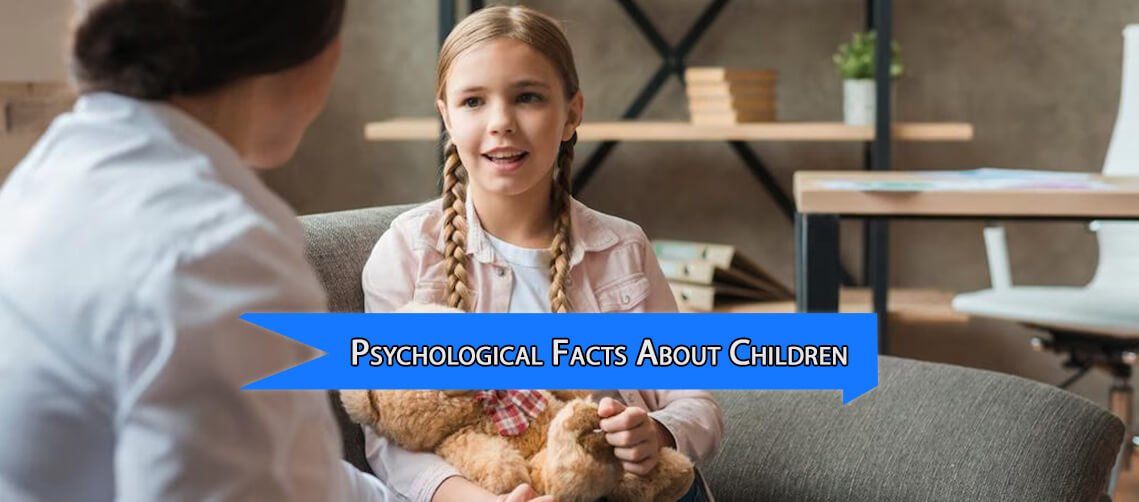Children are small wonders brimming with curiosity, bursting with energy, and flooding the world with fresh-eyed perspective. They teach us, without realizing it, that play is essential, imagination is boundless, and every moment holds a lesson. Psychological Facts About Children show us that they are weird, wonderful, and widely unpredictable. They ask “why?” 46 times in a row, cry because they lost their toy, and give the kind of hugs that fix your entire week. One second, they are tiny tornadoes of chaos, the next, they are curled into your lap, whispering big feelings with a tiny voice. But underneath the glitter, noise, and chocolate-stained fingers, there is serious brain magic happening.
Children are in constant transformation. Every tantrum, question, daydream, and dinosaur obsession is a clue to how their minds are being built, brick by brick. And psychology gives us the blueprint. Have you ever wondered what is going on inside a childs mind? You are in the right place. At Psychoaura, we dive deep into the fascinating world of childhood development, exploring science-based, eye-opening psychological facts about children that help you understand how they think, feel, and grow.
HERE ARE THE FASCINATING PSYCHOLOGICAL FACTS ABOUT CHILDREN
1. Children are born scientists. They are built to learn through exploring, experimenting, and testing new ideas.
2. The word “why” is their learning engine. When a kid asks “why,” they are not being annoying. They are building entire belief systems. Your answer shapes their reality.
3. Children do not only remember words, they remember how you say them. Tone stickers deeper than vocabulary.
4. They start learning by copying people around them. They start acting like them.
5. They learn better through doing than watching. Let them build, touch, stir, climb. That is how they internalize the world.
6. Children borrow emotional stability from adults. Your calm regulates their storm. You do not have to be perfect, just steady.
7. They learn to handle feelings by feeling them.
8. Connection matters a lot for them. Touch is healing. A hug can repair what a lecture cannot. Sometimes, connection is better than correction.
9. Children learn emotional safety from consistency. Not constant happiness, just knowing what to expect from you.
10. Toddlers think the world revolves around them. It is not selfish. It is egocentrism, a normal brain stage. They will grow out of it.
More
11. Children copying everything. Your kindness, your sarcasm, your stress, they absorb it like emotional wifi.
12. They feel shame before they understand guilt. Be careful with discipline; shame teaches “I am bad,” while guilt teaches “I made a mistake.”
13. Siblings are practice partners for life. Rivalry is normal. So is fierce loyalty. Do not compare, guide.
14. Fairness is huge. Around age 5-6, kids become obsessed with it. It is their first moral compass.
15. Children believe in magic for real. Tooth fairies, monsters, talking dogs. This is not nonsense. It is healthy imagination and narrative play.
16. Kids turn boredom into brilliance. If you leave them “nothing to do,” they will build entire words from shoeboxes and tape.
17. Art builds identity. What they draw, build, or sculpt is not just play. It is self-expression.
18. Creativity needs mess. If everything must stay neat and clean, creativity shuts down. Give them space to explore.
19. Behavior is communication. “Acting out” is often a sign of unmet needs, not bad intentions.
20. Learning is not linear. Some kids talk late and are ready early. Some walk early but struggle with tying their shoes. Everyone blooms differently. Trust the process.




